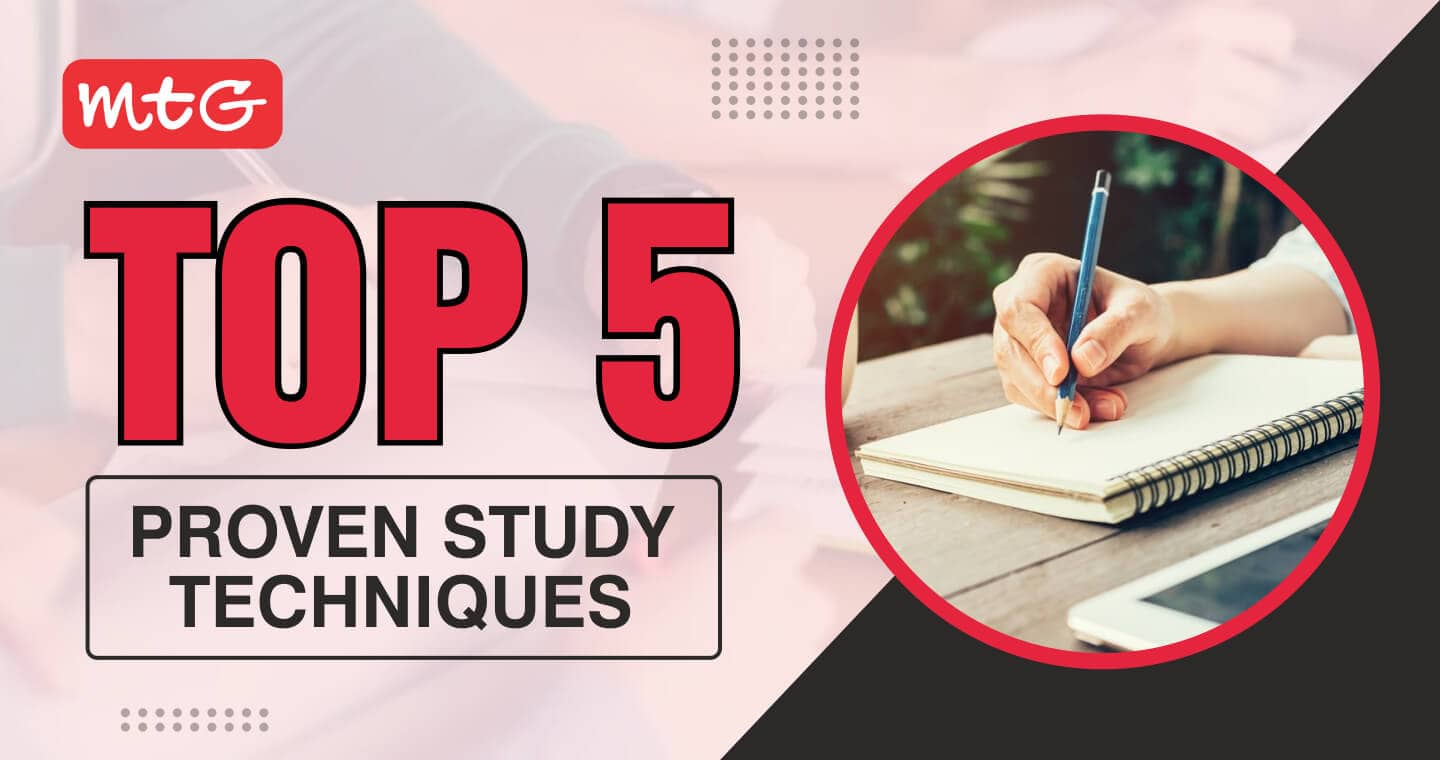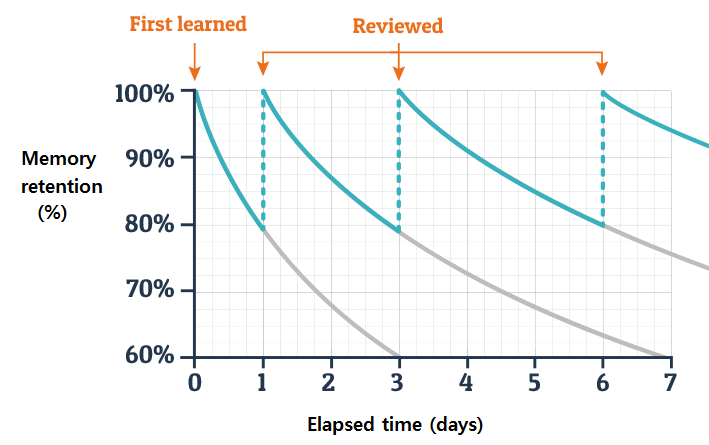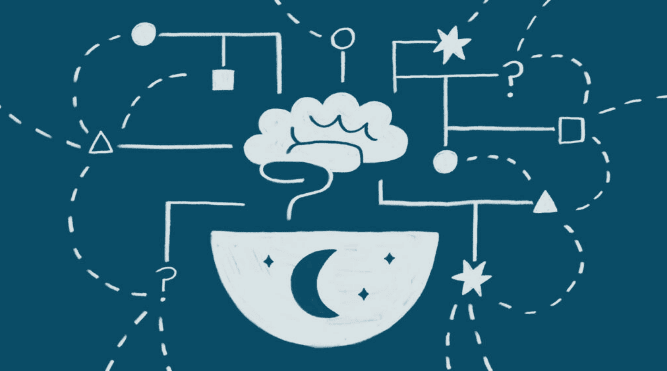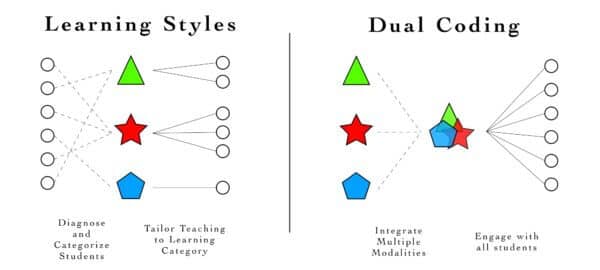
As a student, you are constantly on a quest to optimize study methods to achieve better academic outcomes. Fortunately, numerous scientific studies have shed light on effective study techniques that can significantly enhance learning and retention. Scientific research has provided us with valuable insights into how our brains learn and retain information. By understanding these processes, we can adapt our study techniques to align with the natural workings of our minds, resulting in more effective learning.
Latest – 10 Cheat Codes to Excel at Every Exam!
In this blog, we will explore five study techniques that have been extensively tested and proven by scientists. By implementing these strategies into your study routine, you will undoubtedly enhance your academic performance and set yourself up for success.

One of the most effective study techniques is spaced repetition, which involves reviewing information repeatedly over spaced intervals of time. Research has shown that spacing out the review of material strengthens memory and enhances long-term retention. By allocating sufficient time between study sessions, students can retain information more effectively and significantly improve their understanding of various subjects.
Tip: Create a study schedule that incorporates regular review sessions, with increasing intervals between repetitions.
Also Check – How to Enhance Your Learning & Cognitive Skills with Bloom’s Taxonomy

Active recall is a powerful technique that encourages students to actively retrieve information from memory during study sessions. This method stimulates the brain to consolidate and strengthen neural connections related to the topic being studied. Instead of simply re-reading textbooks or notes, engage in activities like quizzes, flashcards, or teaching someone else the material, to actively recall key concepts.
Tip: Utilize tools like online flashcard platforms or create your own flashcards to facilitate active recall.
Tip: While studying, pause periodically to reflect and ask yourself questions that delve into the underlying explanations or implications of the material.
Memorize faster – How to Memorize Something Fast | 10 Ways to Memorize Fast
Engaging in practice testing provides an excellent opportunity to identify knowledge gaps and reinforce learning. Regularly testing yourself on the material improves long-term retention and enhances understanding of difficult concepts. Practice quizzes, sample exams, or solving problems relevant to the subject matter can be extremely beneficial for students.
Tip: Set aside dedicated practice sessions before exams to simulate test conditions and assess your understanding.
You will also like – 7 Effective Study Tips to Improve Your Maths Skills

Dual coding is an effective technique that involves combining visual and verbal information to enhance learning and recall. According to research findings, creating visual representations alongside textual or auditory information helps in strengthening memory associations. This technique can be employed by creating concept maps, diagrams, or using colors to highlight key points.
Tip: Utilize mind-mapping software or create handwritten concept maps to visually organize complex information.
By implementing these scientifically proven study techniques, students can significantly improve their comprehension, retention, and overall learning outcomes. Balancing active recall, spaced repetition, elaborative interrogation, practice testing, and dual coding in your study routine will provide a solid foundation for success in academic pursuits. Remember, adopting effective study strategies not only improves academic performance but also ensures that learning becomes a more enjoyable and fulfilling experience.






























